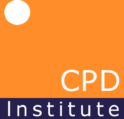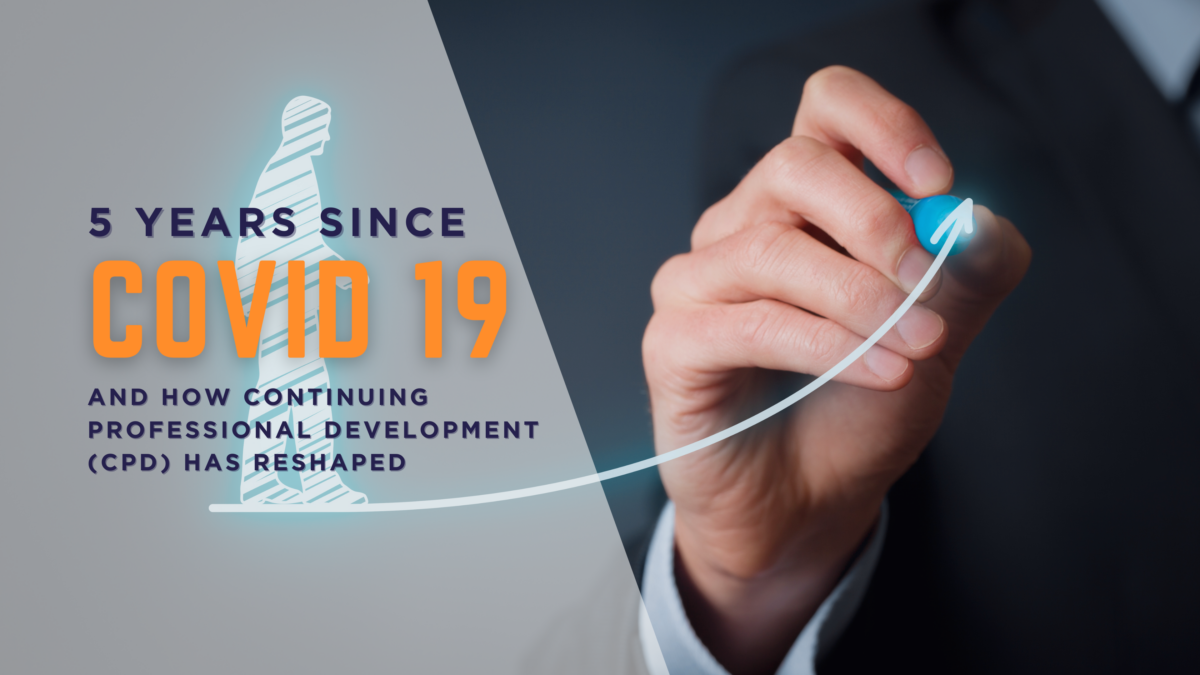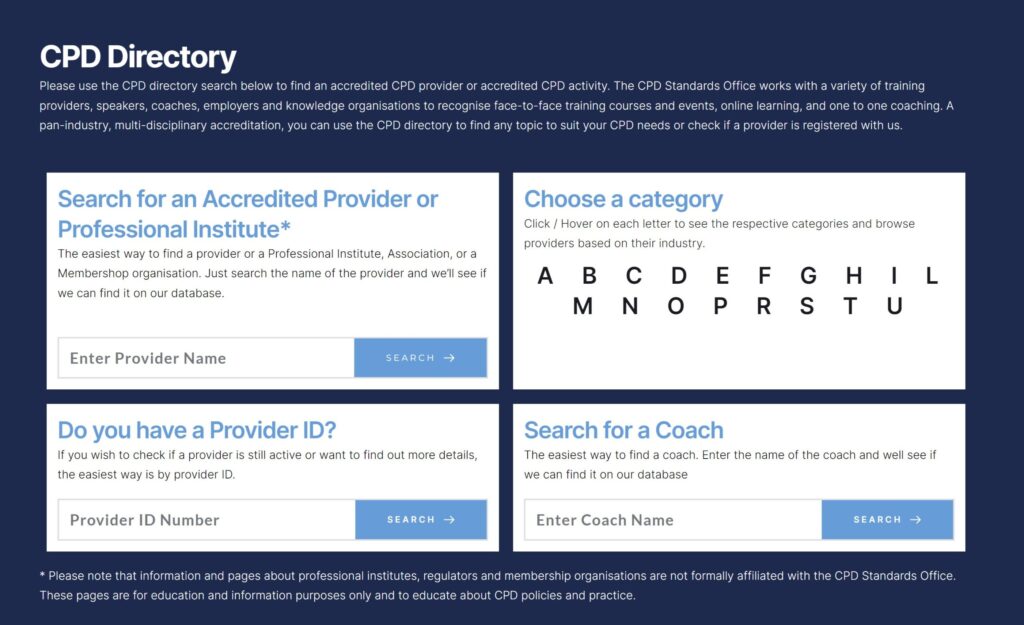How CPD Helps Healthcare Professionals Thrive: Research-Backed Benefits and UK Insights
Naveen Seelam
on
April 10, 2025
At the Institute of CPD (ICPD), we believe that commitment to lifelong learning defines outstanding professionals. Healthcare workers who invest in CPD and become part of the ICPD community report greater growth, recognition, and impact in their fields. This blog explores how CPD supports career advancement in healthcare, drawing on the latest peer-reviewed UK research and global best practices.
Why CPD Matters in Healthcare

Continuing Professional Development (CPD) is essential for today’s healthcare professionals. It’s not just about ticking boxes – it’s about staying competent, confident, and current. CPD ensures practitioners update their knowledge, adapt to new technologies, and meet patient expectations in an ever-evolving field. In the UK, CPD is mandatory for over 1.5 million professionals across regulated healthcare roles.
Regulators like the General Medical Council and Nursing & Midwifery Council require CPD evidence for license renewal, reinforcing its value in safe and effective practice.
According to the NHS, CPD helps professionals “practice safely and legally” while opening doors to new career opportunities. But beyond compliance, CPD builds long-term professional resilience and leadership.
Key Research-Backed Benefits of CPD
Recent peer-reviewed studies highlight powerful outcomes of engaging in CPD:
1. Improved Knowledge and Skills
Healthcare professionals who engage in regular CPD report enhanced clinical skills and better application of evidence-based practices. This leads to safer, more effective patient care.
2. Greater Confidence and Adaptability
Ongoing learning boosts professional confidence. Practitioners become more open to innovation and better equipped to handle changes in clinical environments.
3. Expanded Career Opportunities
CPD often leads to promotions, specializations, and eligibility for leadership roles. Research shows that career development programs also improve retention – professionals are more likely to stay when supported in their growth.
4. Enhanced Teamwork and Networking
Workshops, online forums, and CPD events help professionals connect, share knowledge, and collaborate. This strengthens healthcare teams and promotes cross-disciplinary learning.
5. Better Patient Outcomes
Most importantly, effective CPD directly benefits patients. Research finds a clear link between CPD and improved clinical decision-making, communication, and treatment outcomes.
CPD Best Practices for Healthcare Professionals
Not all CPD is created equal. For maximum impact, healthcare professionals should follow these evidence-based approaches:
Interactive & Relevant Learning:
Hands-on workshops, simulations, and real-world case discussions are more effective than passive lectures. Learning should be outcome-focused and practical.
Reflective Practice:
The most successful CPD includes time for reflection. Reflecting on new knowledge helps professionals identify how it applies to their work and where they can improve further.
Structured Planning:
Use a CPD cycle: assess learning needs, set goals, choose activities, apply knowledge, and reflect. Keeping a CPD portfolio helps track progress and align learning with career goals.
Peer-to-Peer Learning:
Learning with others encourages accountability, collaboration, and exposure to new ideas. Team-based learning is especially impactful in multi-disciplinary settings.
Leverage Digital Tools:
E-learning, webinars, and online CPD platforms offer flexibility and access to global expertise. Blended learning approaches (online + in-person) cater to diverse learning styles.
The UK’s Strong CPD Culture
The UK is a global leader in professional development in healthcare. Most regulatory bodies mandate CPD, and the NHS actively supports it through personal development plans, study leave, and funding for courses.
Moreover, UK regulators encourage reflective and peer-supported CPD, aligning with modern adult learning theories. This creates a professional culture where continuous improvement is the norm.
The Role of ICPD in Supporting Healthcare Professionals

The Institute of CPD (ICPD) has championed professional growth across sectors. We support individuals committed to CPD with recognition, resources, and community. Our members gain credibility and visibility through designations like AInstCPD, MInstCPD and FInstCPD, which highlight a commitment to lifelong learning.
ICPD empowers healthcare professionals to stand out, stay ahead, and be part of a network that values excellence. Whether you’re early in your career or a seasoned leader, CPD – and ICPD – can help you take your next step.
Final Thoughts
Healthcare professionals who embrace CPD do more than meet regulatory requirements – they evolve, lead, and inspire. The evidence is clear: CPD strengthens clinical practice, supports career advancement, and improves patient outcomes.
Becoming a member of ICPD reflects your dedication to excellence and growth. If you’re serious about investing in your future, there’s no better time to commit to CPD and join a network of professionals shaping the future of healthcare.






















